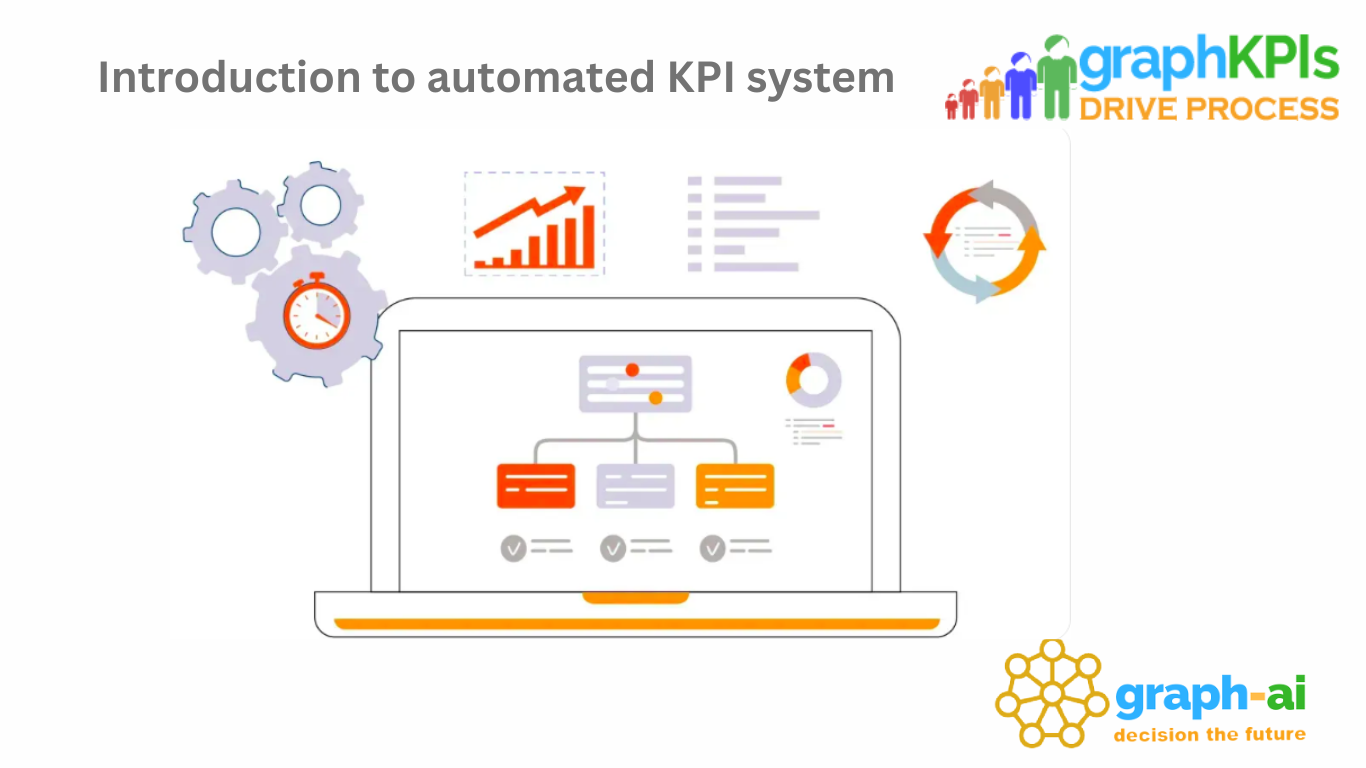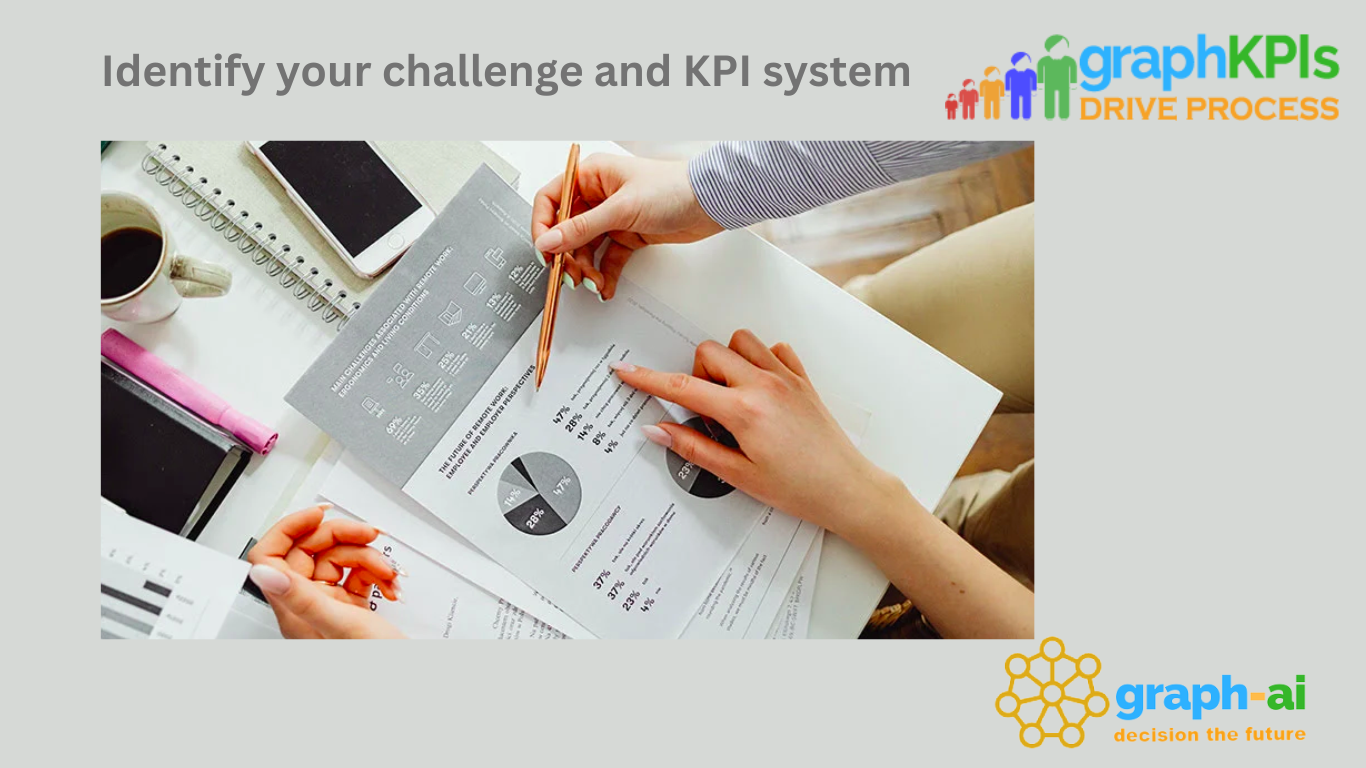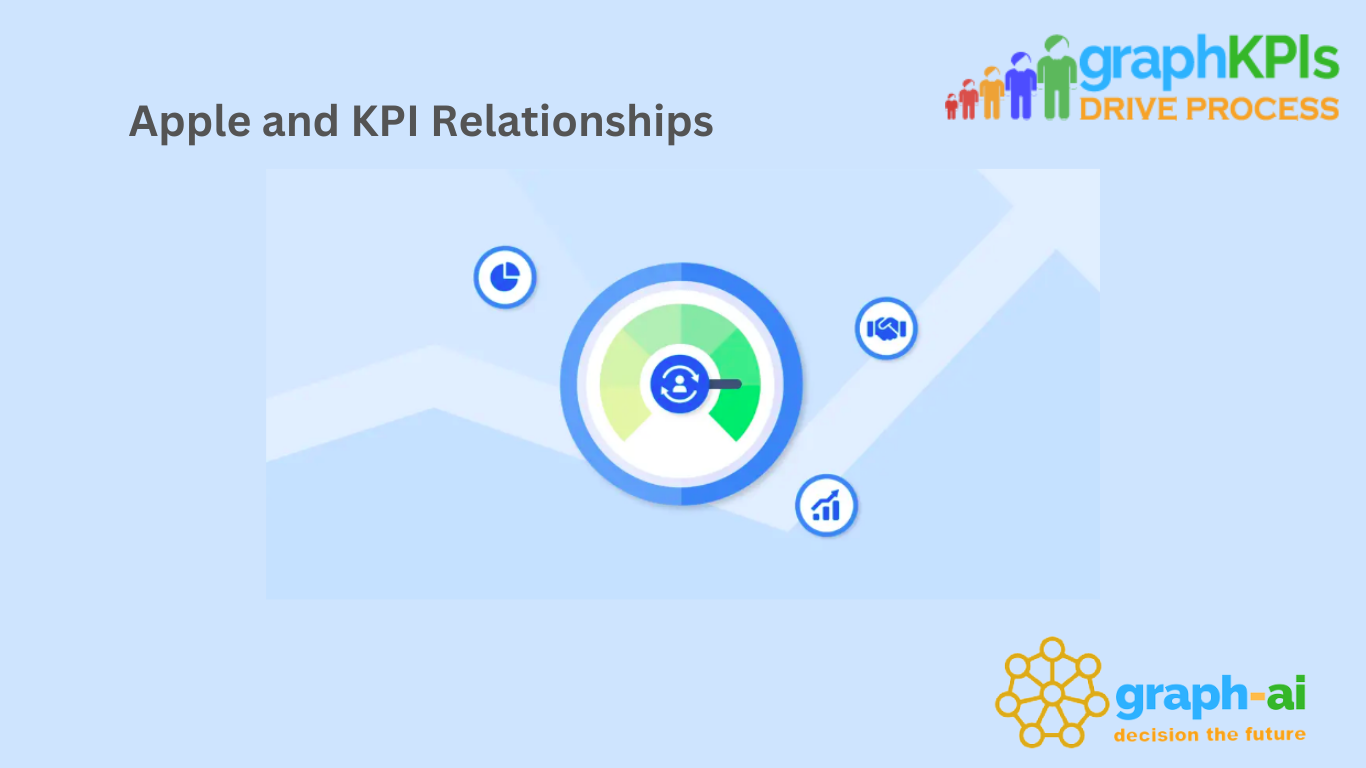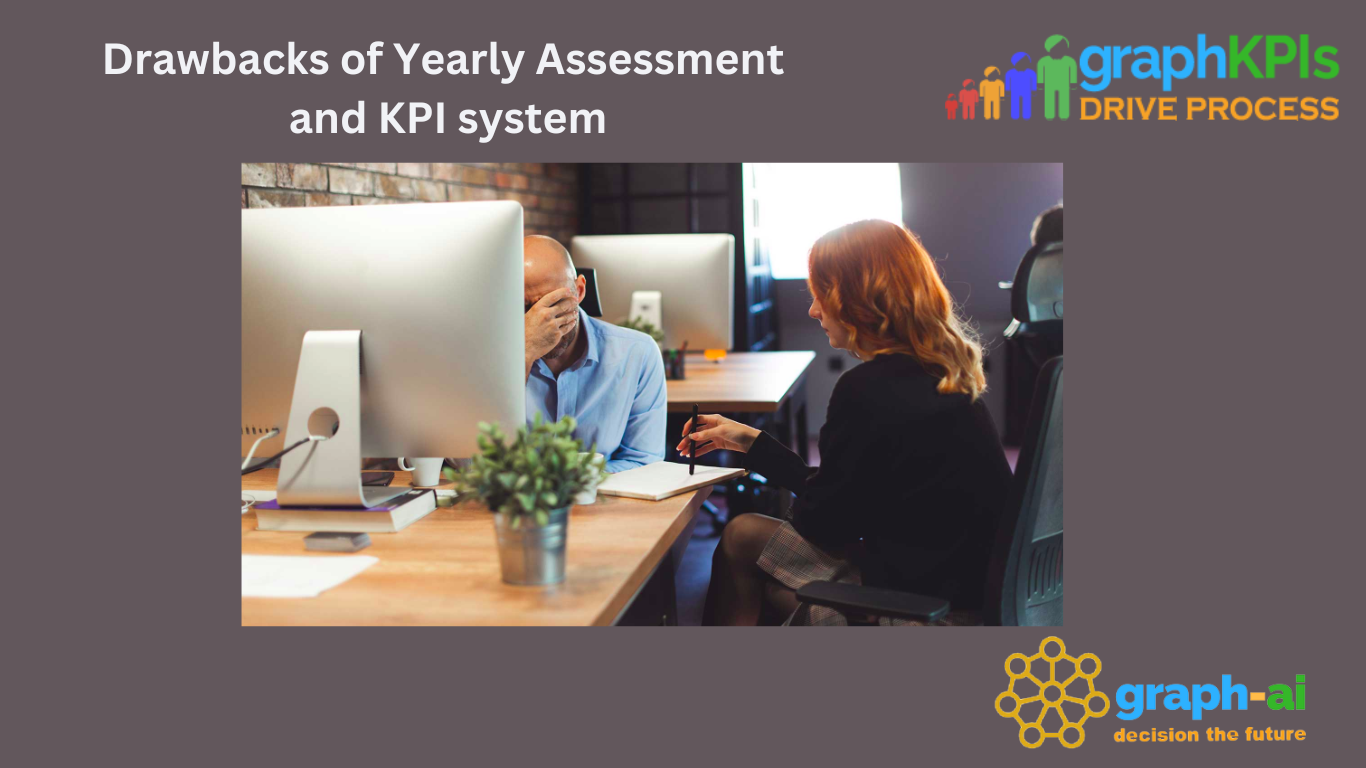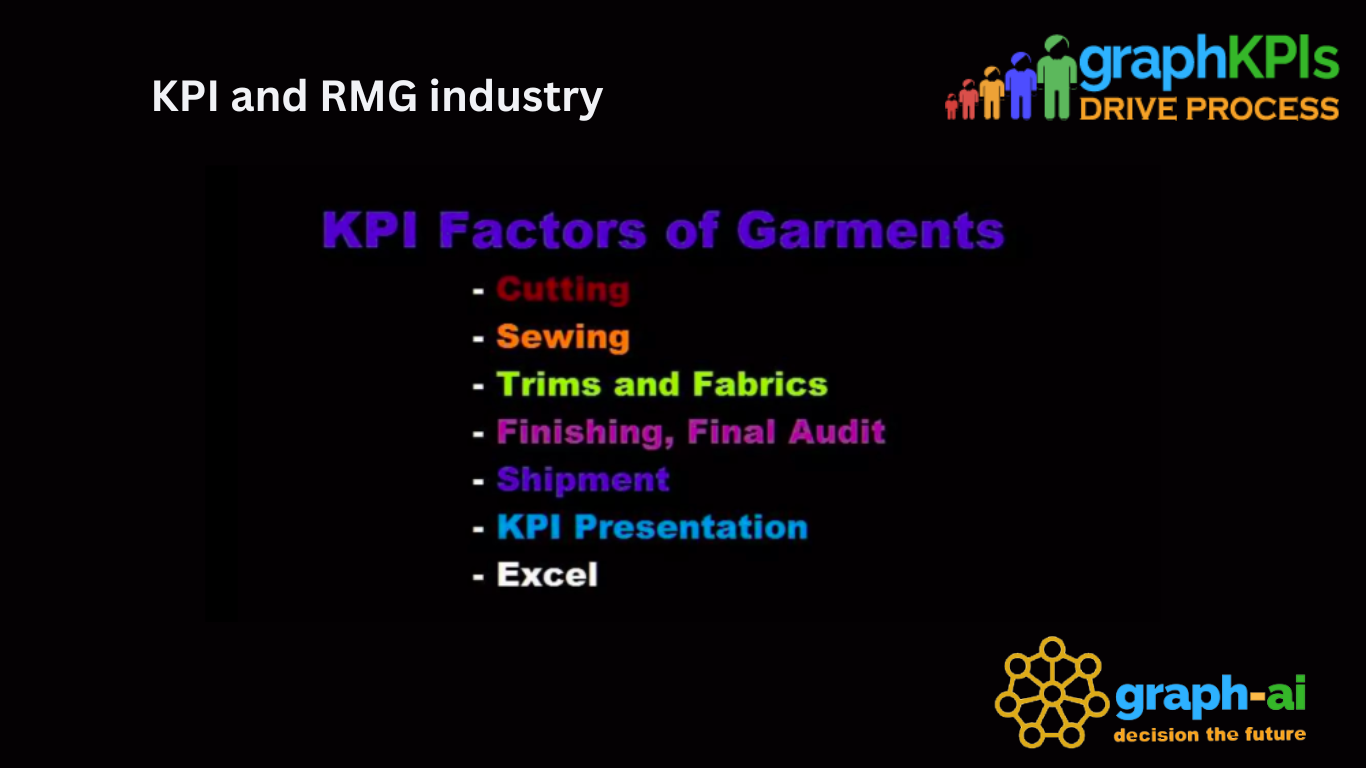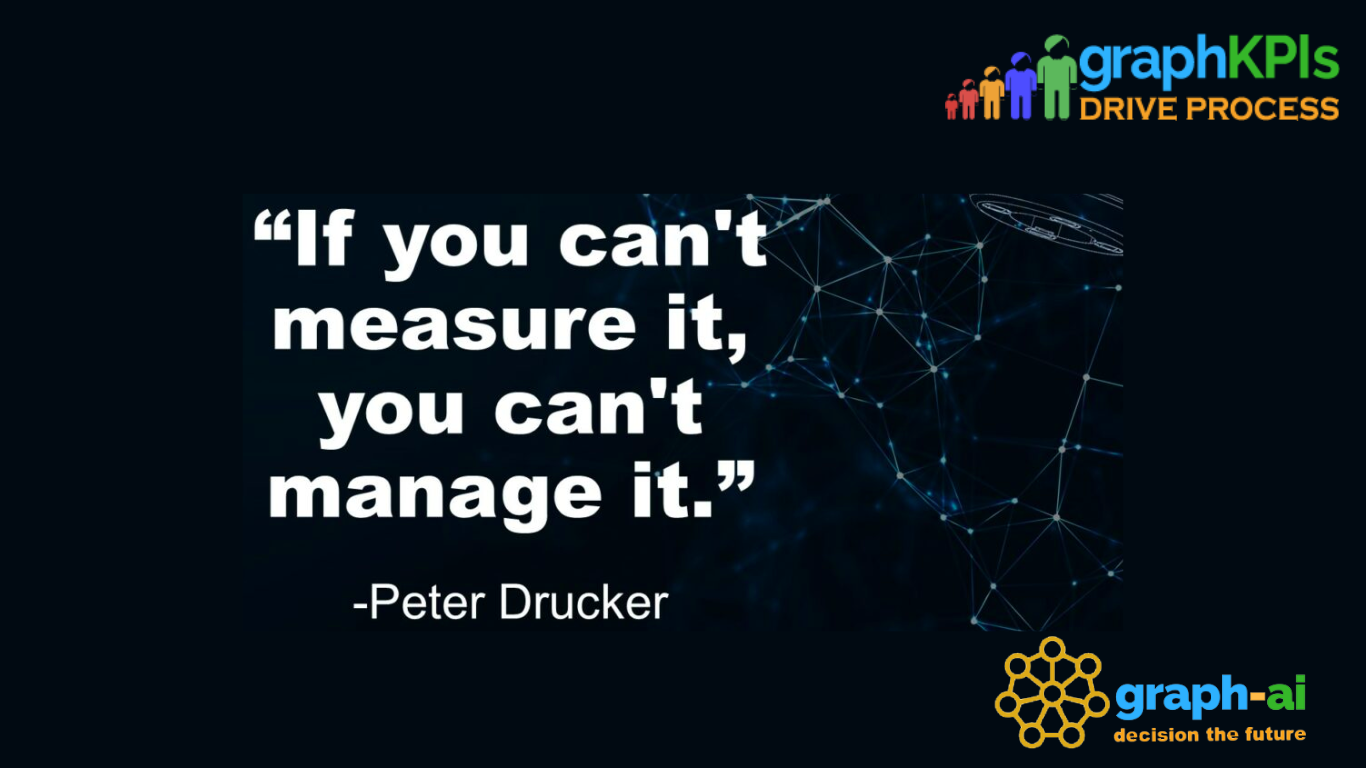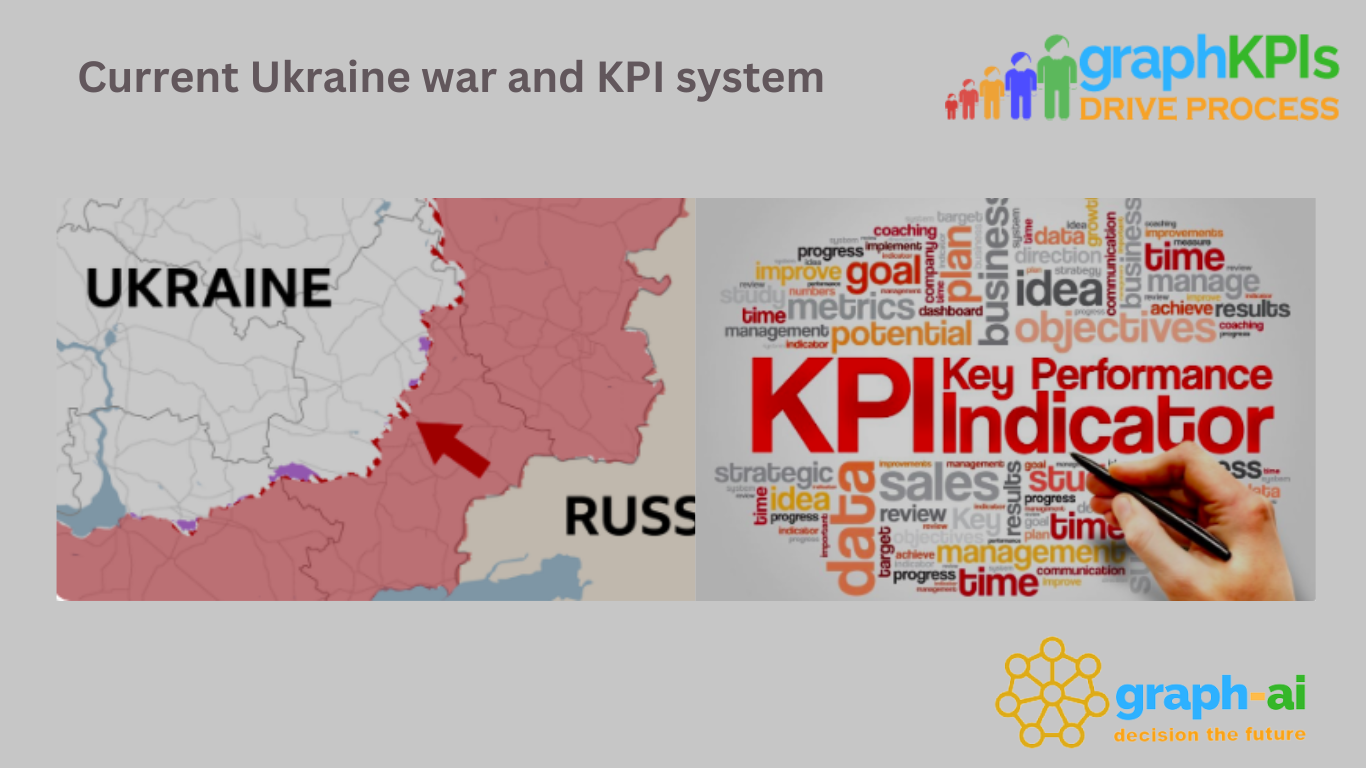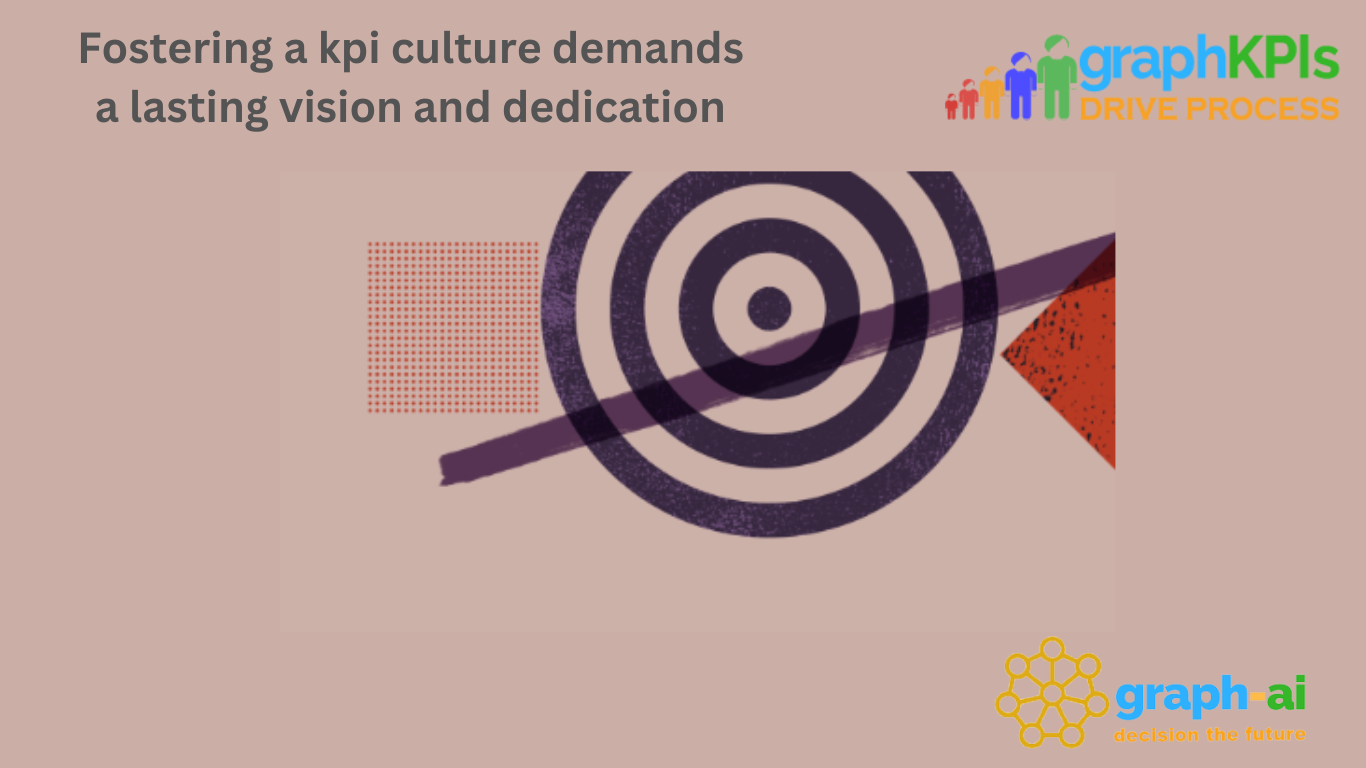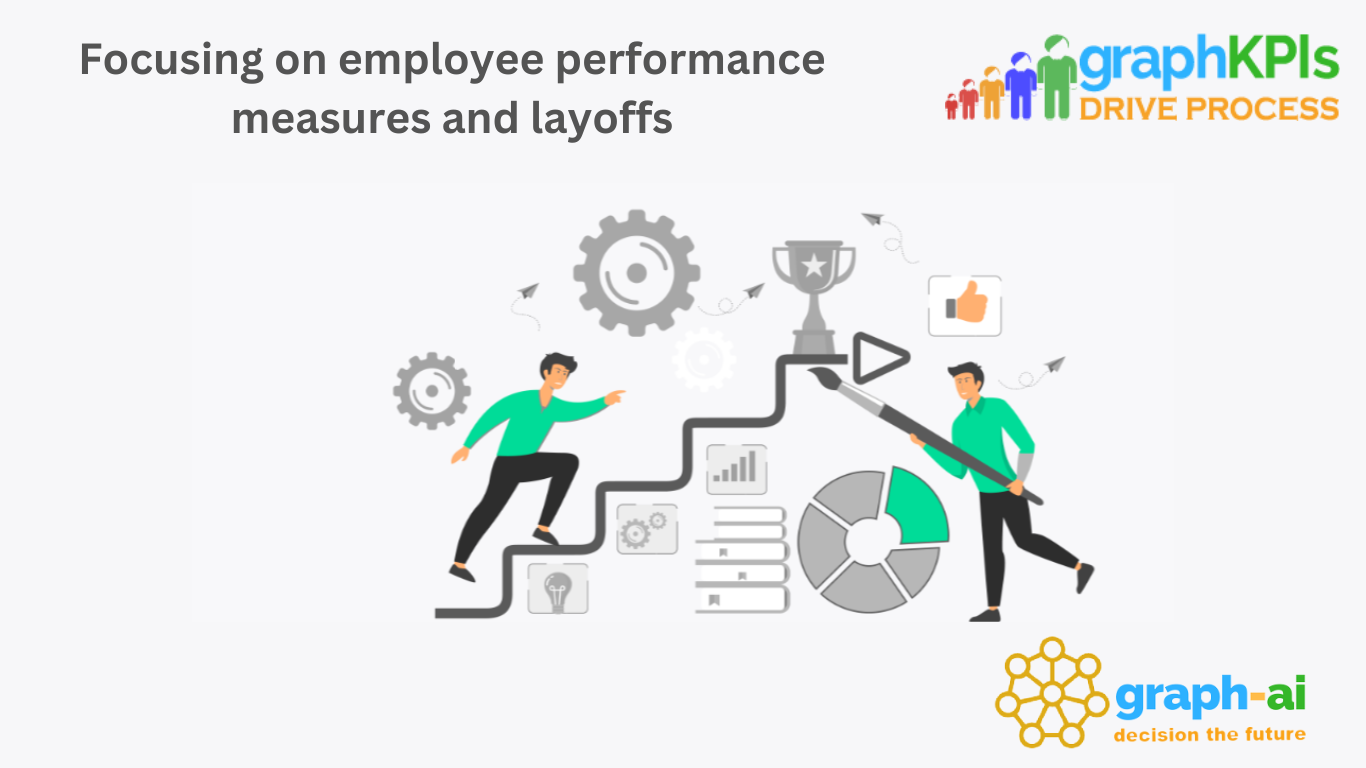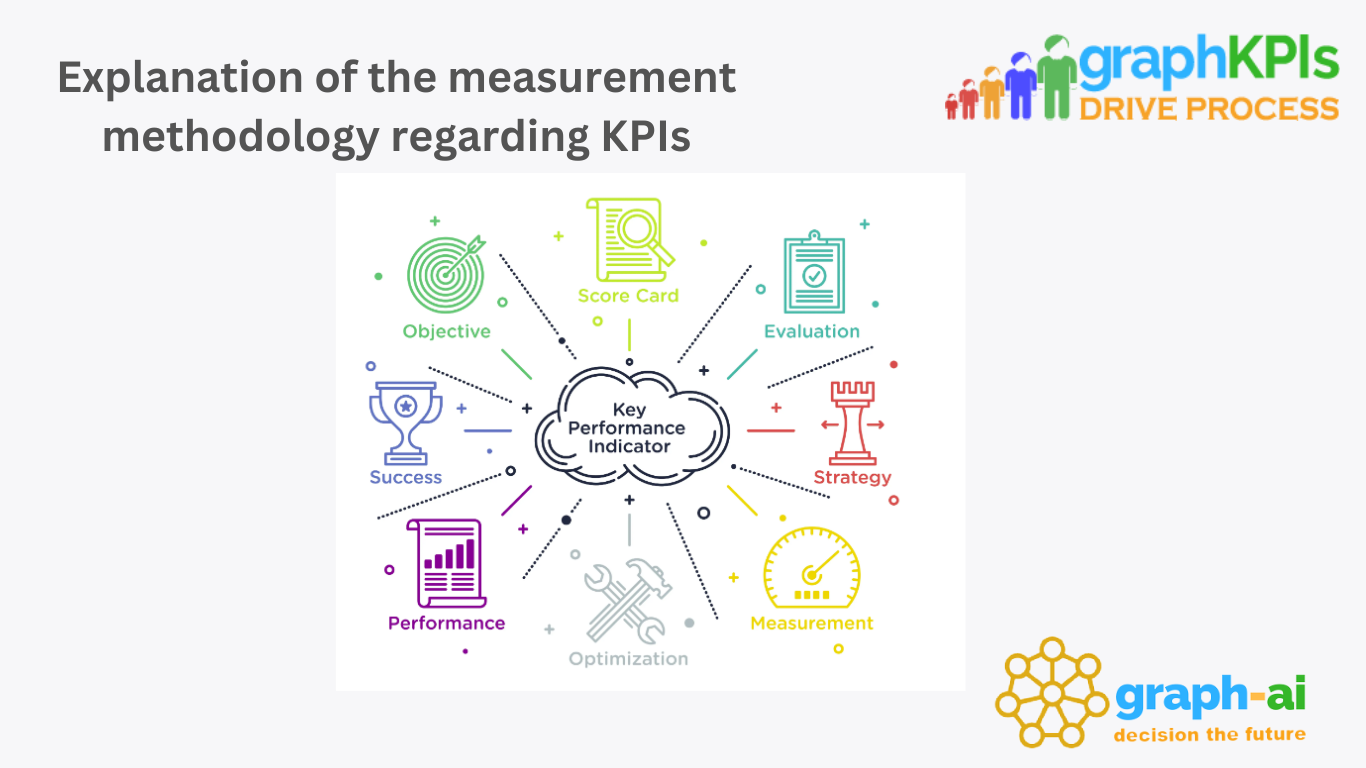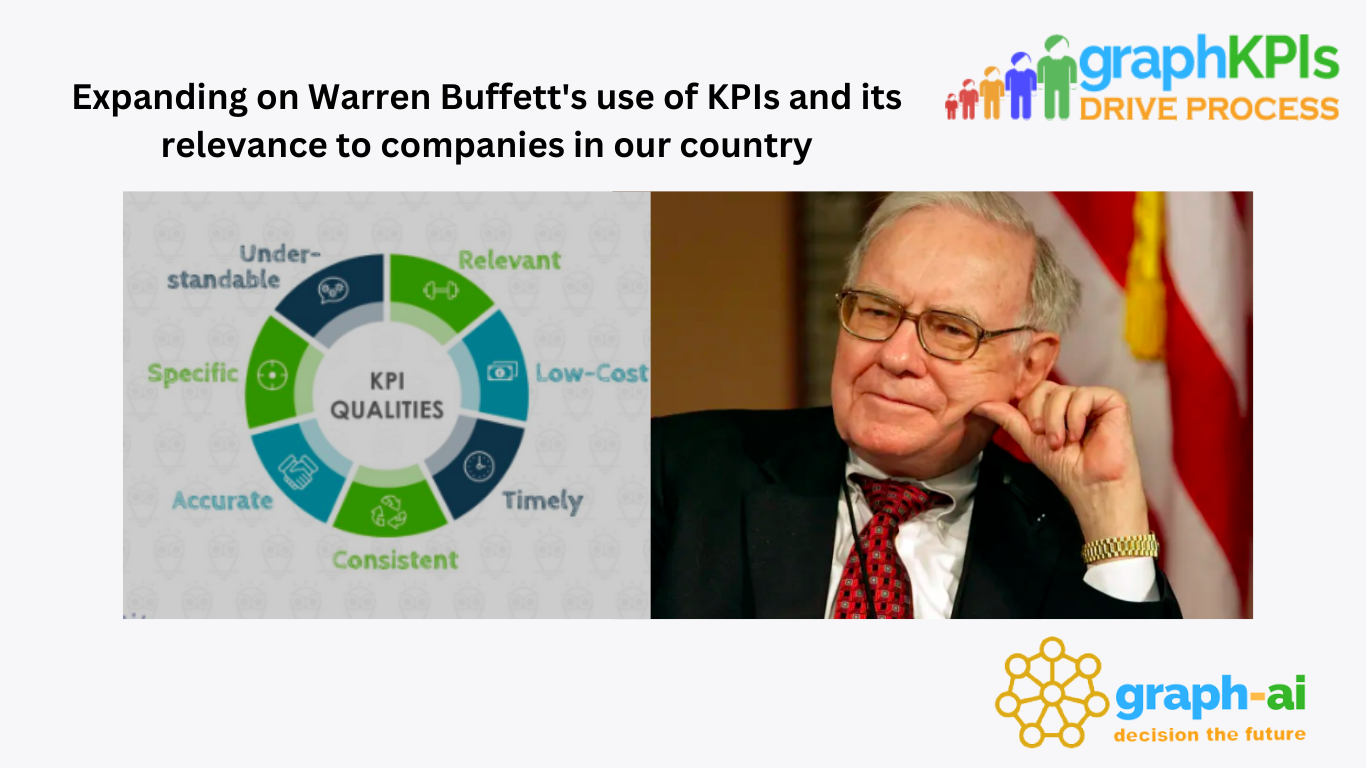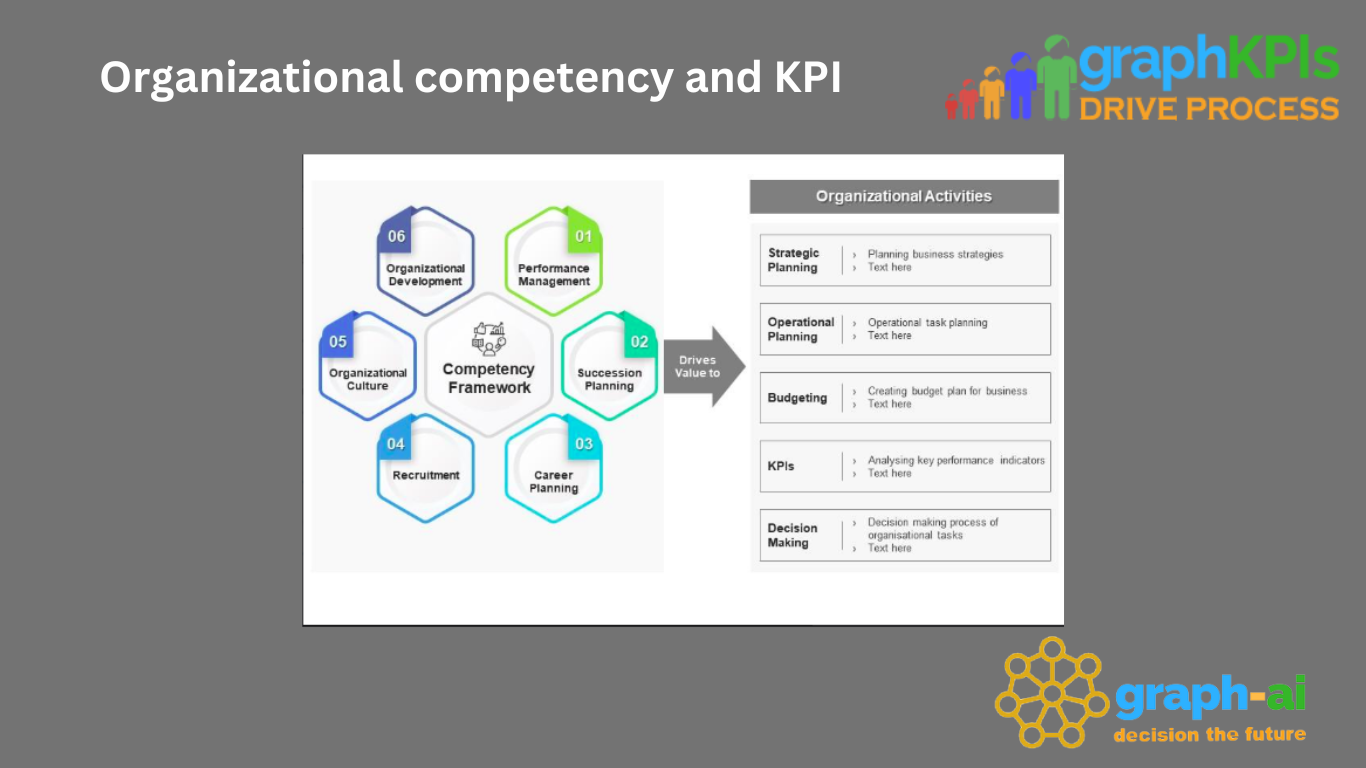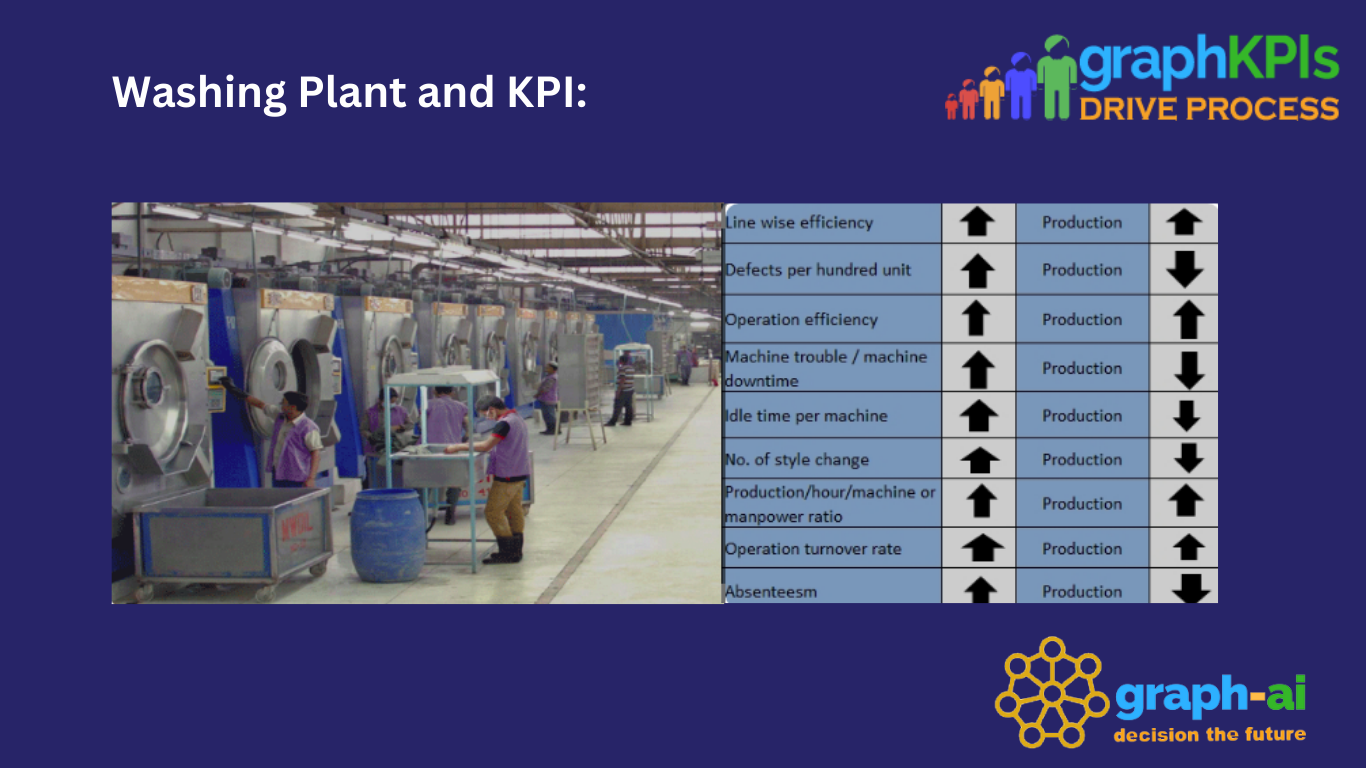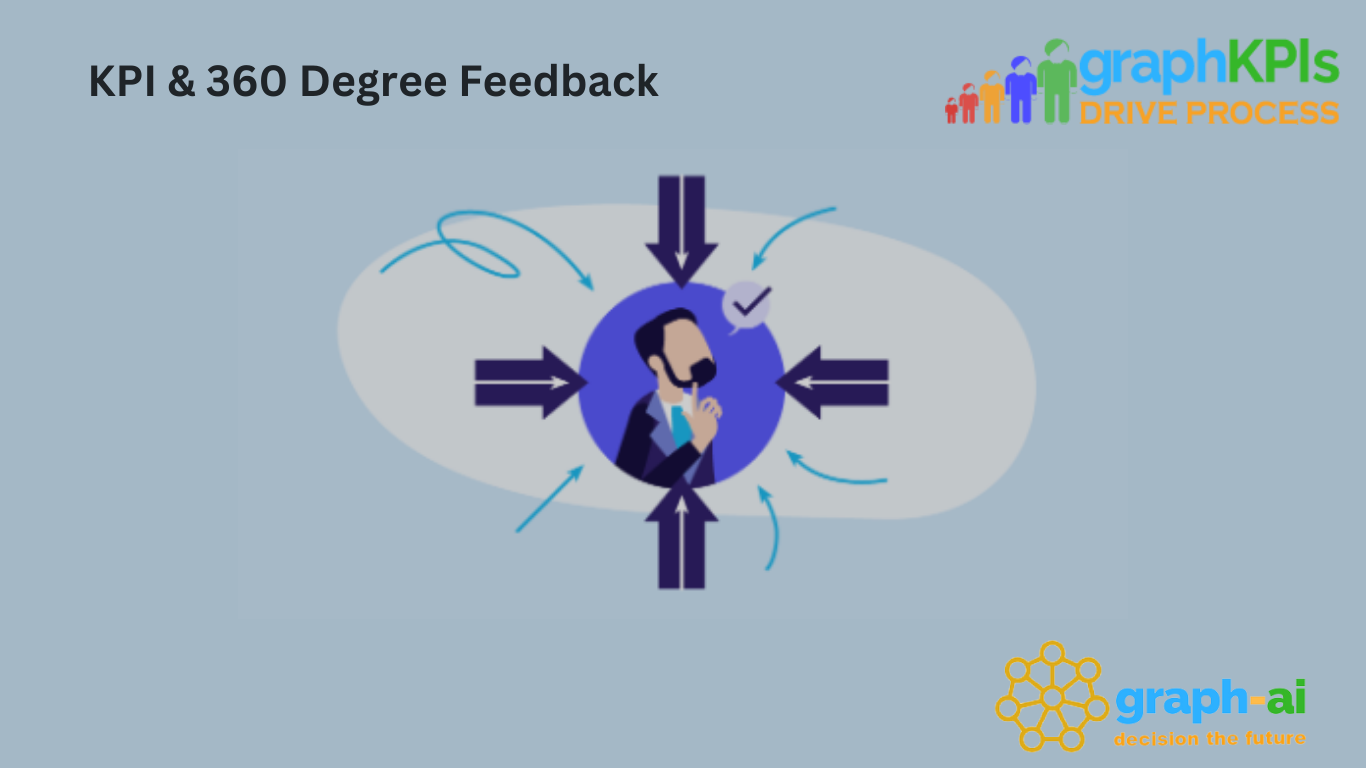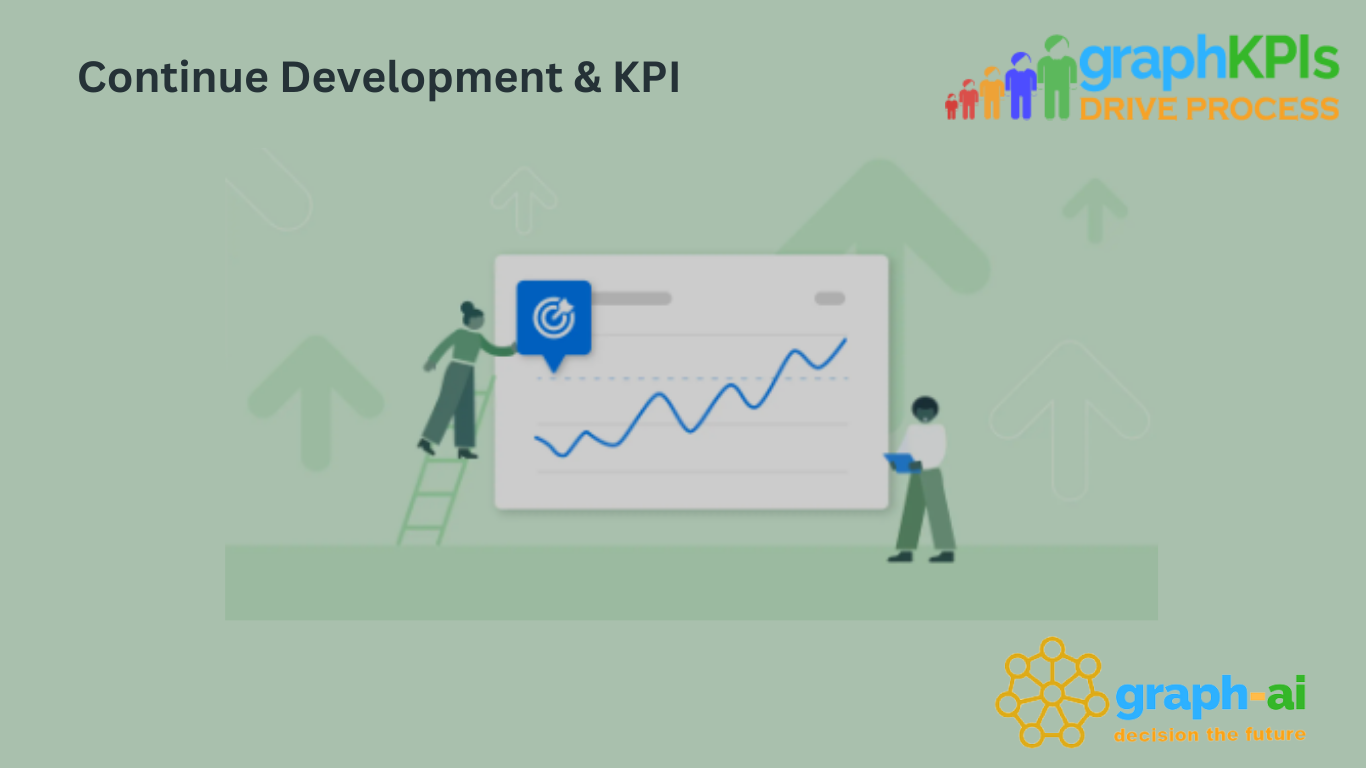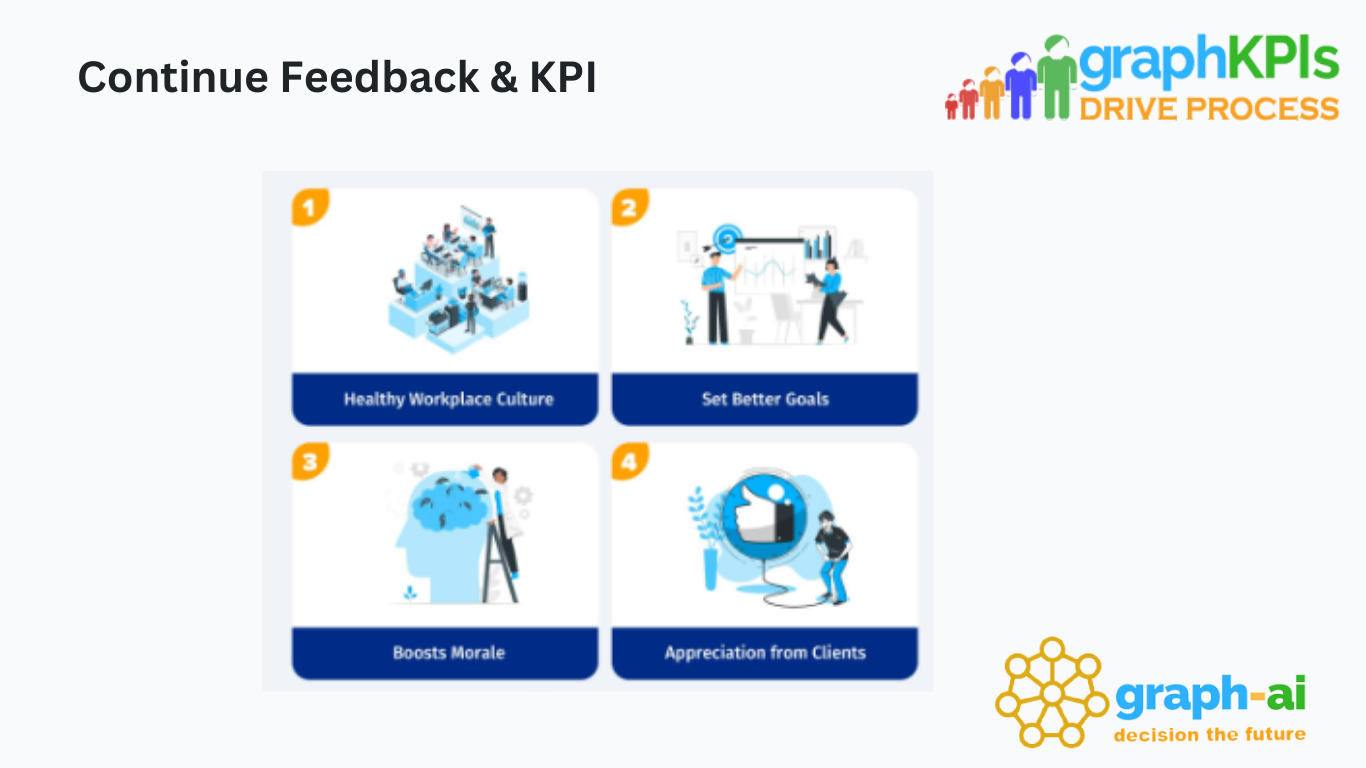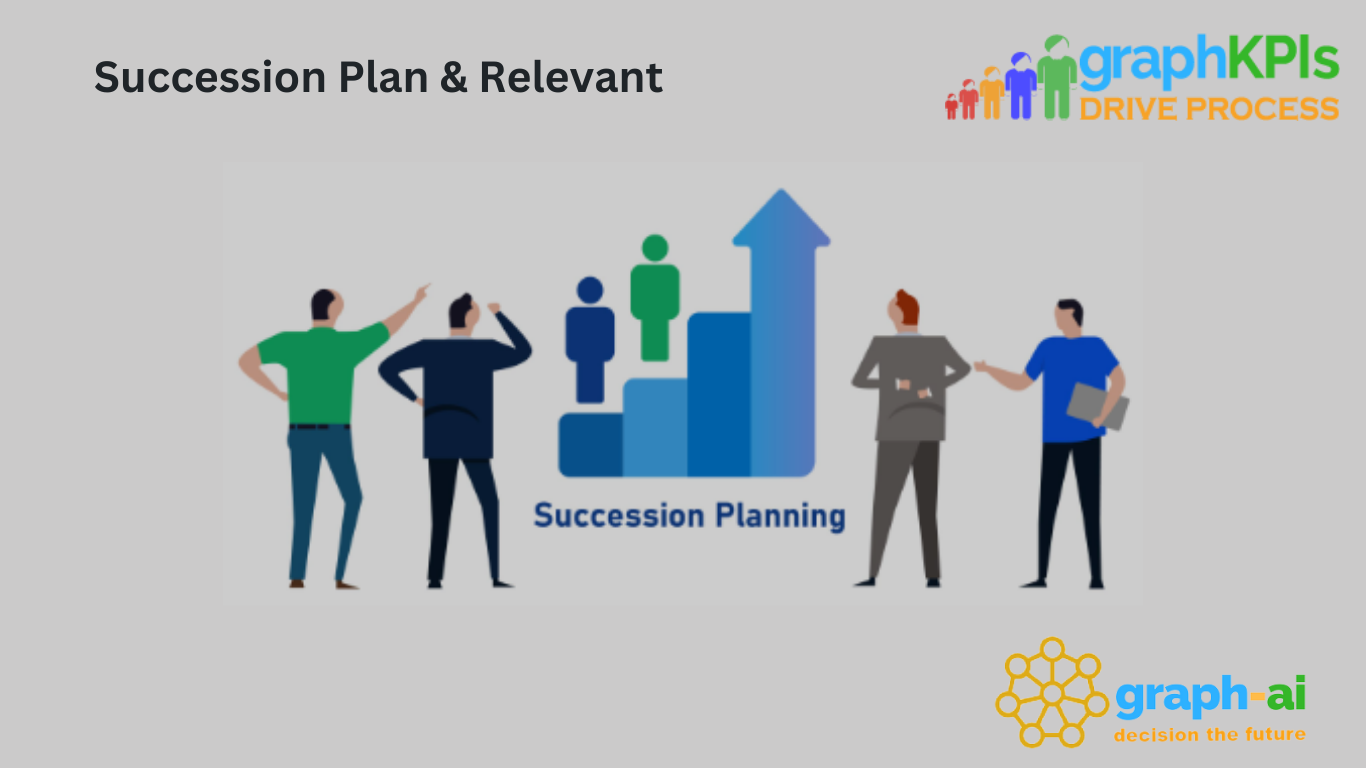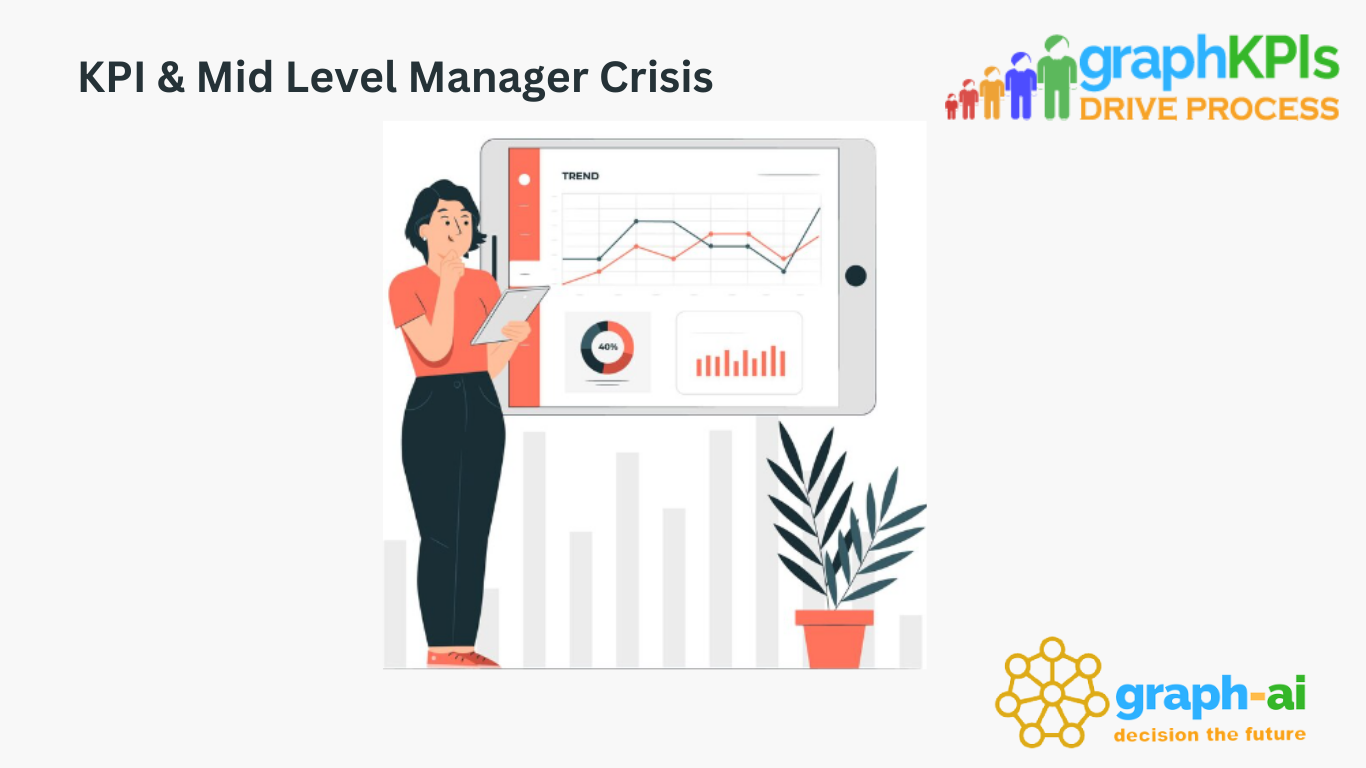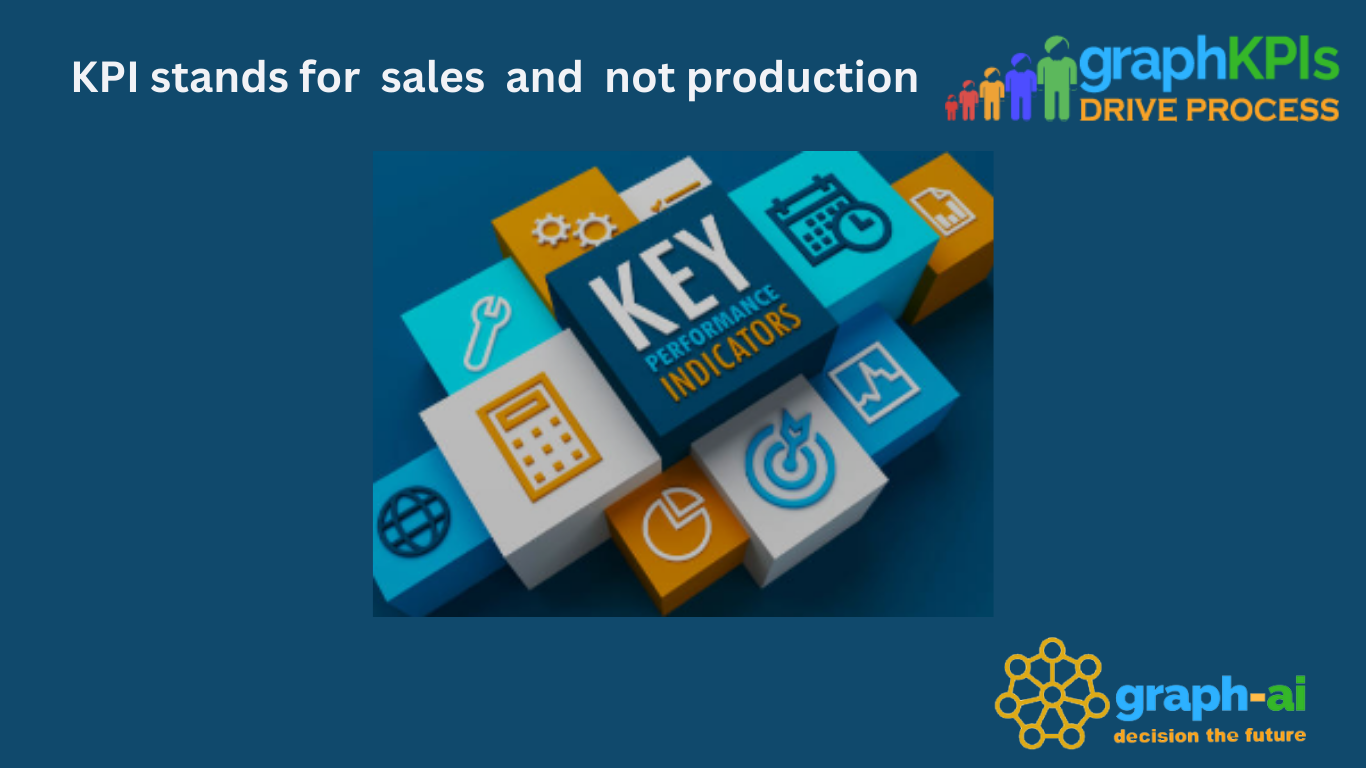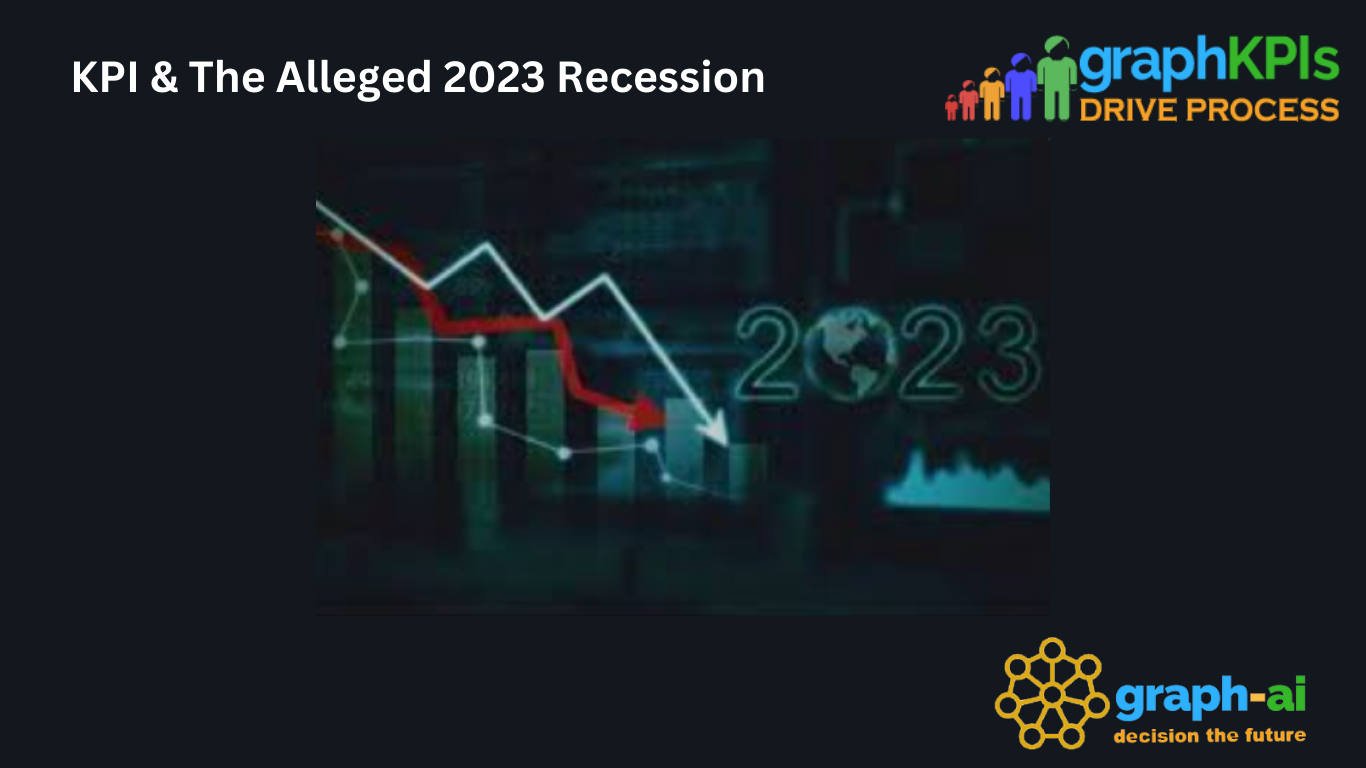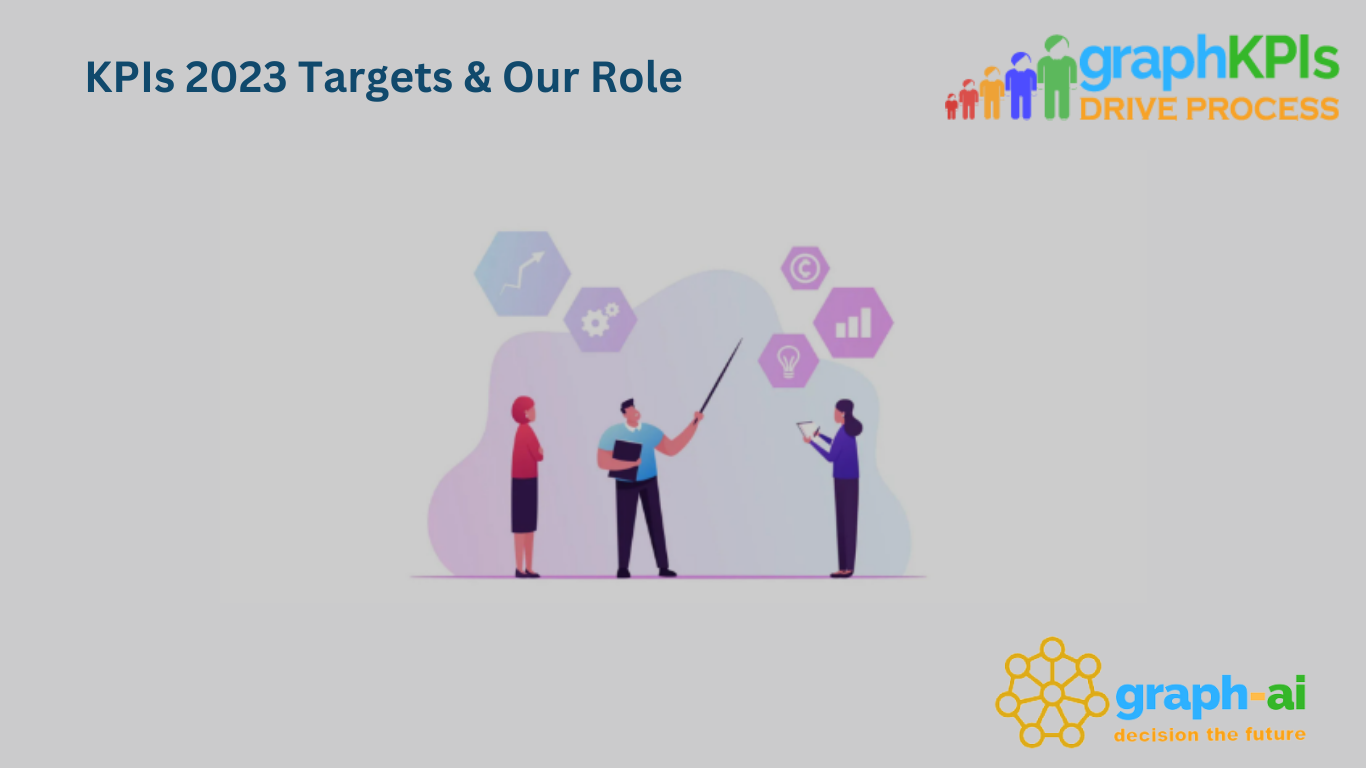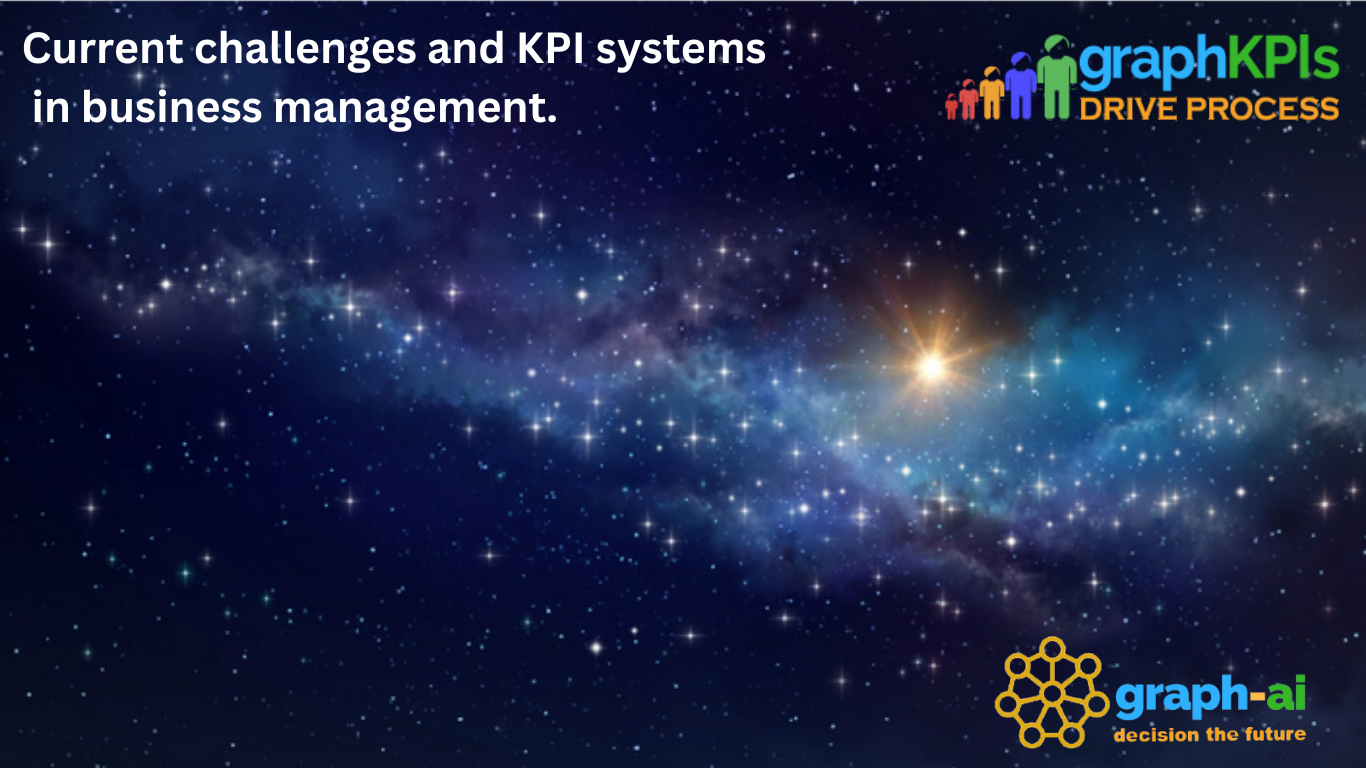Story of KRA and KPI - 10
Building a KPI culture within companies requires a long-term vision and commitment. Here's a detailed exploration of why patience and persistence are crucial in establishing a KPI culture:
1. Understanding the Need for Patience:
• In today's fast-paced world, there's a growing tendency for instant results. However, meaningful change and results often take time to materialize. Just as elite families didn't achieve their status overnight, building a culture of KPIs in companies requires patience and perseverance.
2. Embracing Long-Term Planning:
• Long-term planning is essential for sustainable success. Elite families didn't build their legacy through short-term thinking; instead, they invested in long-term pursuits, dreams, and discipline. Similarly, companies must adopt a strategic approach to implementing KPIs, focusing on long-term objectives rather than immediate gains.
3. Recognizing KPIs as a Culture:
• KPIs are not merely metrics; they represent a cultural shift within organizations. Just as elite families instill values, traditions, and discipline across generations, implementing KPIs requires embedding a culture of performance measurement, accountability, and continuous improvement.
4. Nurturing the KPI Culture:
• Building a KPI culture is an ongoing process that requires constant nurturing and reinforcement. It involves setting parameters, establishing clear expectations, providing training and support, and fostering a shared commitment to KPI-driven practices at all levels of the organization.
5. Encouraging Initiative and Ownership:
• Every individual within the organization plays a role in shaping and sustaining the KPI culture. Encouraging employees to take ownership of their performance, seek improvement opportunities, and contribute to the collective goal of achieving KPIs is vital for success.
6. Creating Elite Companies:
• Just as elite families embody a legacy of excellence and distinction, elite companies distinguish themselves through a culture of high performance, innovation, and continuous growth. By investing in KPI culture as a long-term strategy, companies can aspire to achieve elite status within their industries.
7. Measuring Progress and Adaptation:
• Along the journey of building a KPI culture, it's crucial to measure progress, celebrate successes, and learn from setbacks. Companies should remain flexible and adaptive, refining their approach based on insights gained from KPI data and feedback from stakeholders.
In conclusion, building a KPI culture requires a mindset shift towards long-term planning, patience, and persistent effort. By nurturing this culture over time, companies can aspire to achieve excellence and elite status within their respective industries, much like the esteemed families in our society.
Continuing the journey together ...............
Leave a Reply
Your email address will not be published. Required fields are marked *

